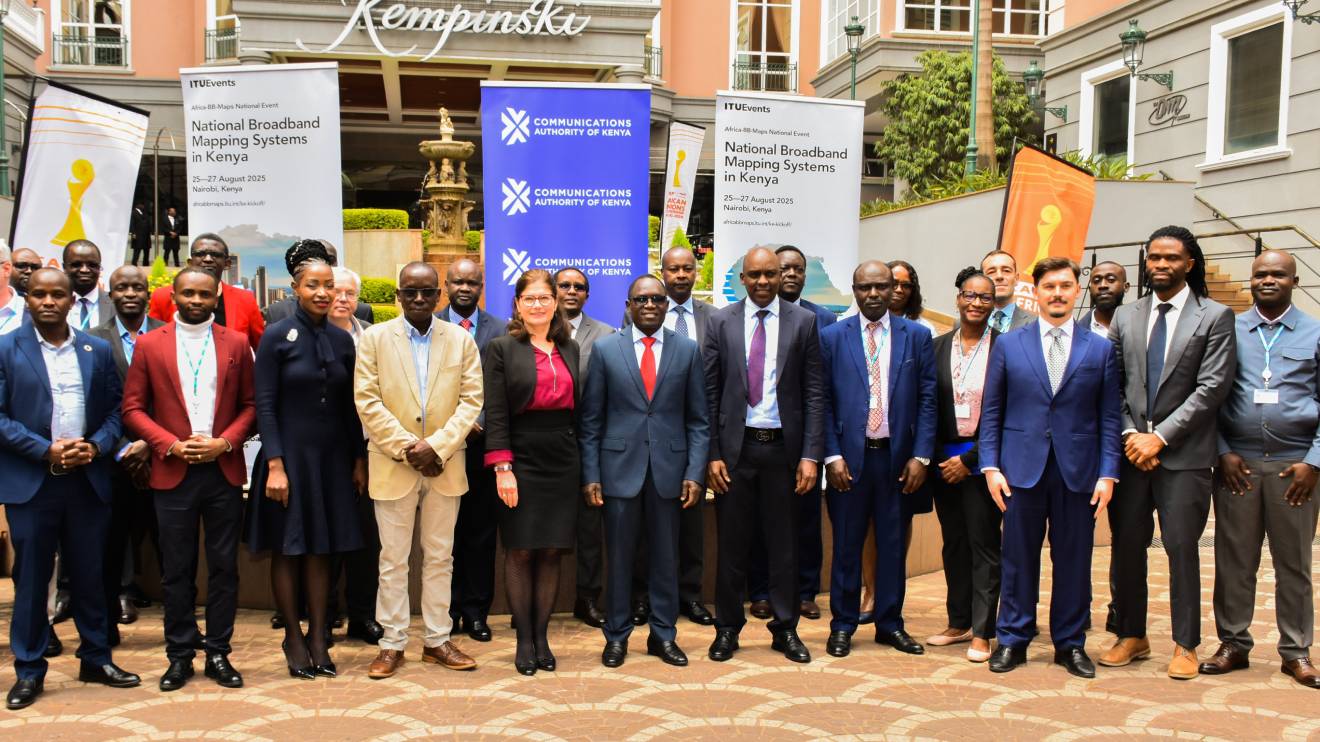Safaricom has unveiled a Sh66 billion initiative aimed at building artificial intelligence infrastructure across East Africa over the next three years, marking one of the region’s most ambitious tech investments to date.
The telecommunications firm said the multi-billion-shilling push will centre on upgrading digital systems, forming partnerships with both global and local tech companies, and advancing talent across various sectors.
These include healthcare, education, agriculture, and financial services, areas the company believes are ripe for AI-driven transformation.
At the Connected Africa Summit in Nairobi, Safaricom's Chief Enterprise Business Officer Cynthia Kropac described the project as more than a technological upgrade, but rather a pivotal moment for the continent’s digital journey.
“It will serve as a catalyst for intelligent digital solutions, drive innovation across key industries, and enhance the region’s overall economic performance,” Kropac stated.
Read More
The investment comes as global tech giants such as Microsoft and OpenAI lead the charge in artificial intelligence adoption.
These technologies, increasingly embraced worldwide, have opened the door for businesses and individuals to automate routine operations, streamline decision-making, and increase efficiency.
Safaricom has already taken early steps to prepare its workforce for this shift.
More than 5,000 employees have been trained in the fundamentals of artificial intelligence, a move the firm views as essential to laying the groundwork for a smarter, more responsive digital economy.
Beyond infrastructure and talent, the telco is also positioning itself as a thought leader in the continent’s AI trajectory.
Kropac stressed the importance of local ownership and creativity in this space, saying Africa must shape its own AI path rather than wait for solutions from elsewhere.
“Africa needs to go from being a passive adopter to a proactive innovator,” she said.
As the region’s digital ecosystem continues to evolve, Safaricom’s announcement underscores a growing belief that artificial intelligence could be the linchpin of East Africa’s next economic leap, if backed by the right investment, expertise, and policy support.











-1753733469.jpeg)